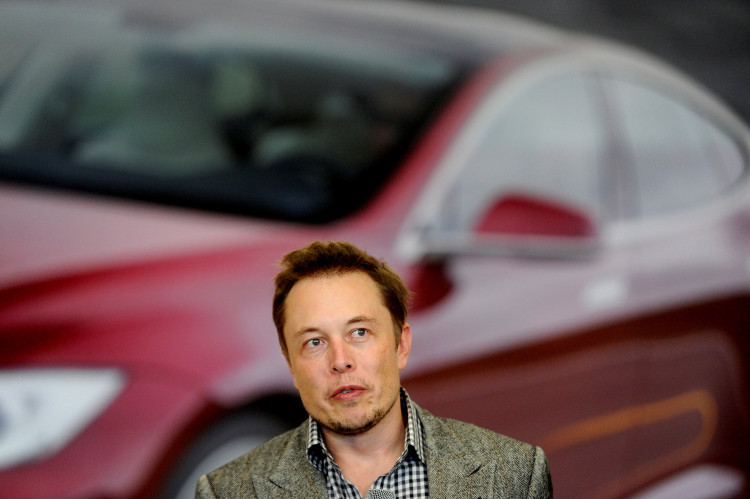Tesla CEO Elon Musk has revealed that he has approved the prototype for Model Y, the all-electric crossover SUV, indicating that it was doing well enough in the development phase to proceed with its production which is not expected to happen until 2020.
At the company's quarterly earnings call, Musk made the disclosure, which analysts described as uncharacteristic of the otherwise outspoken tech CEO. He stopped short of issuing any specifics on the exact status of the development phase of Model Y, primarily because Tesla's existing manufacturing facilities are already nearing the limits of its capacity.
Right now, its Fremont, California factory had to construct a giant tent in its parking lot to accommodate the demand for the Model 3 sedan.
Its Gigafactory in Nevada is only operating about 30 percent of its capacity, but Tesla will need time and cash to mobilize tools to enable the facility to build another model.
Filings at a government office in Shanghai, where Tesla plans to construct a Gigafactory, showed that the company intends to make two types of cars in the facility.
The revelation was the cherry on top for investors and observers of the company, which reported its biggest quarterly revenue and profits.
Q3 revenues jumped to US$6.8 billion, far better than the projected US$6.33 billion. Net income reached $311 million, way better that the net loss of US$619 million the company posted in the same period last year.
The company's success in the quarter was largely credited to the sales of Model 3. Musk said the company was producing an average of 4,300 Model 3s a week, and in the last week of the quarter, production reached 5,300 vehicles, breaching the CEO's goal of 5,000 cars a week.
He conceded though that delivery and logistics continued to pose challenges to the company, with Musk explaining that the company needs to keep on improving the delivery time to 10 days from the current 20-period. Initially, a Model 3 takes 30 days to be delivered to customer's driveway.
Musk likewise reiterated updates he previously issued over his Twitter account. He discussed topics such as vehicle safety, the upgrades and changes on the Autopilot computer, and manufacturing processes.
He politely declined to answer a question on the search for a new chairman, which was part of the settlement Tesla entered with the Securities and Exchange Commission. Instead, Musk explained he only would answer questions covering "operational topics."






